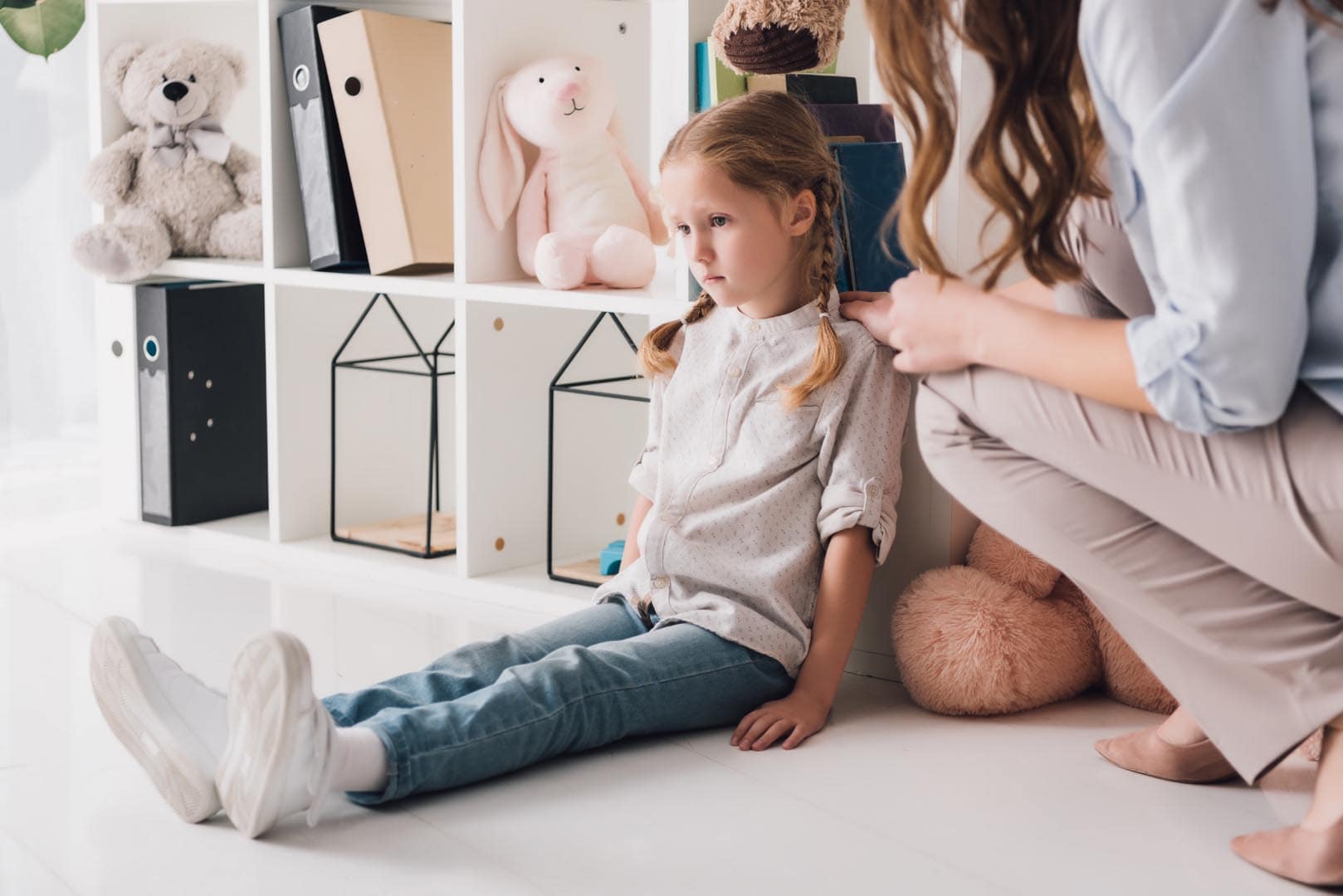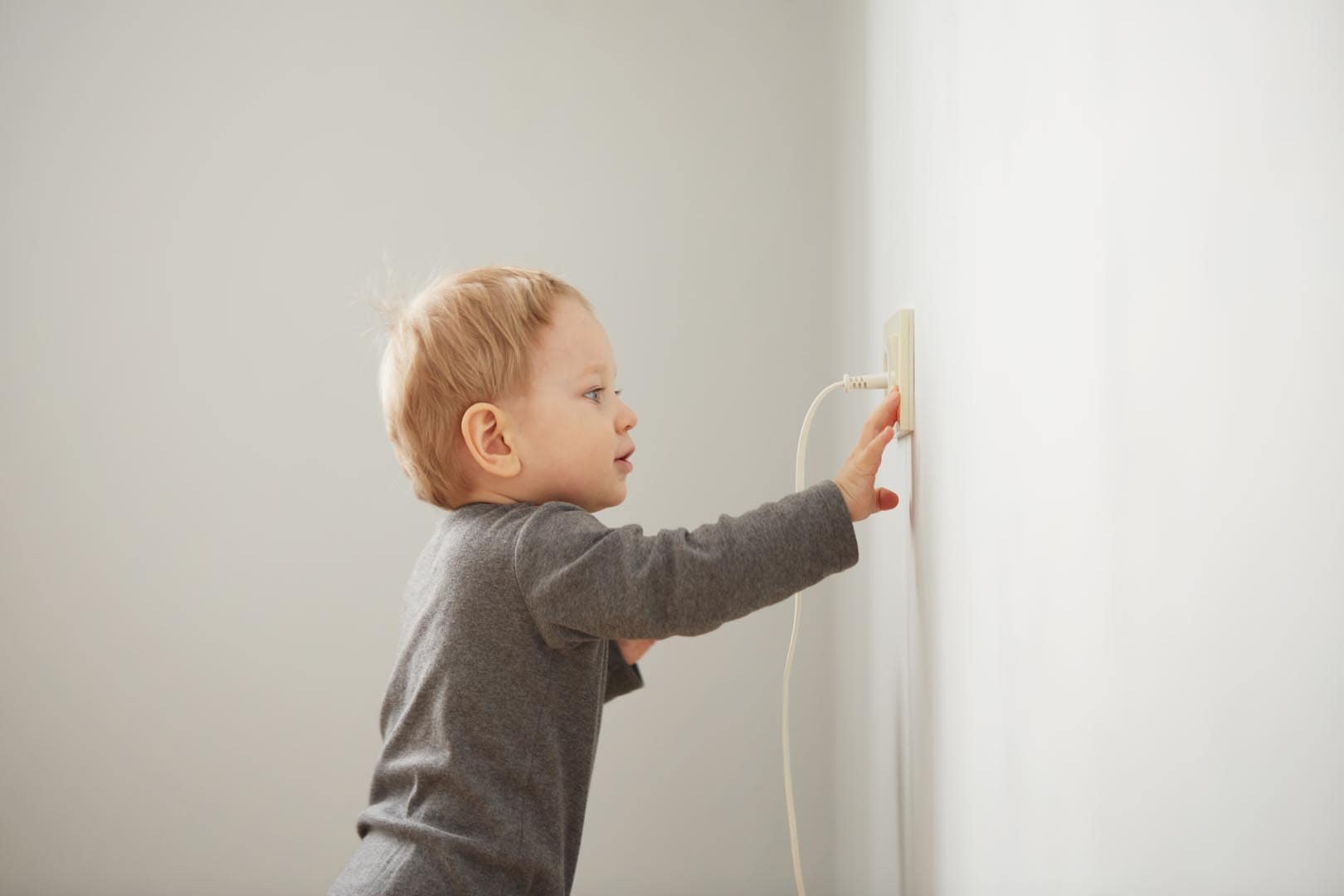Coping with Autism at Home
Having a child that is diagnosed with autism is not just hard for the parents but also for all members of the family. The parents, siblings, and even grandparents have to share in the responsibility of supporting a child with special needs. Not only can it be financially draining and physically exhausting, but it can also be a source of emotional stress to everyone involved.
Naturally, the greatest weight is carried on the shoulders of the parents. To begin with, parents must cope with the deficits and excesses in the behavior of an autistic child. Most autistic children cannot express verbally nor through gestures what they want, so parents are left with a constant guessing game as to what their child needs. Social life is also significantly sacrificed, as a child with autism might not be accepted or understood by other people, forcing at least one parent to stay with the child at home at all times. And there are also feelings of helplessness about the child’s future. It is heart-wrenching for parents to imagine how their autistic children will be taken care of after they are gone.
Siblings of autistic children are stressed, too. It can be due to feelings of embarrassment for having a sibling that is not normal, they can also be stressing about being the target of aggression, or they can even have a feeling of envy for all the attention their autistic sibling is getting.
It Is OK To Take A Break
The reality of having a child diagnosed with autism is hard and full of challenges. But life does not have to be all stress. There are ways to de-stress and maintain a harmonious and loving family life. Parents need to give themselves a break from time to time. A parent might have feelings of guilt for leaving a special child behind, but a few hours of being away from him or her from time to time may offer the chance to recharge and regroup for the daily challenges ahead. Parents should not be afraid to ask for a little support from other family members, such as the child’s aunt or uncles or grandparents. They may look after the child for several hours a week to give the parents time off and take care of themselves. This will prevent parents from “burning out” and can be essential in keeping the family’s relationships strong.
Parents also need to spend quality time alone with their other non-ADS children, without the autistic child present. This reassures them and lets them know that the parents love them as much as their other siblings, even if most of the attention is geared towards the one with special needs.
Remember, life with an autistic child is hard already, so there is no need to make life even harder for everybody else in the family. When times get tough … breathe. Taking a few hours off for yourself and for your other children is the best way to get you through the worst of it all. (Aviram, 2009)
References:
Aviram, J. (2009, August 12). Good Days and Bad Days: Seven Strategies to Cope. Retrieved March 18, 2011, from Parenting
Copyright © by Special Learning Inc. All right reserved.
No part of this article may be reproduced in any manner whatsoever without written permission except in the case of brief quotations embodied in critical articles and reviews. For information, contact Special Learning Inc., at: contact@special-learning.com












